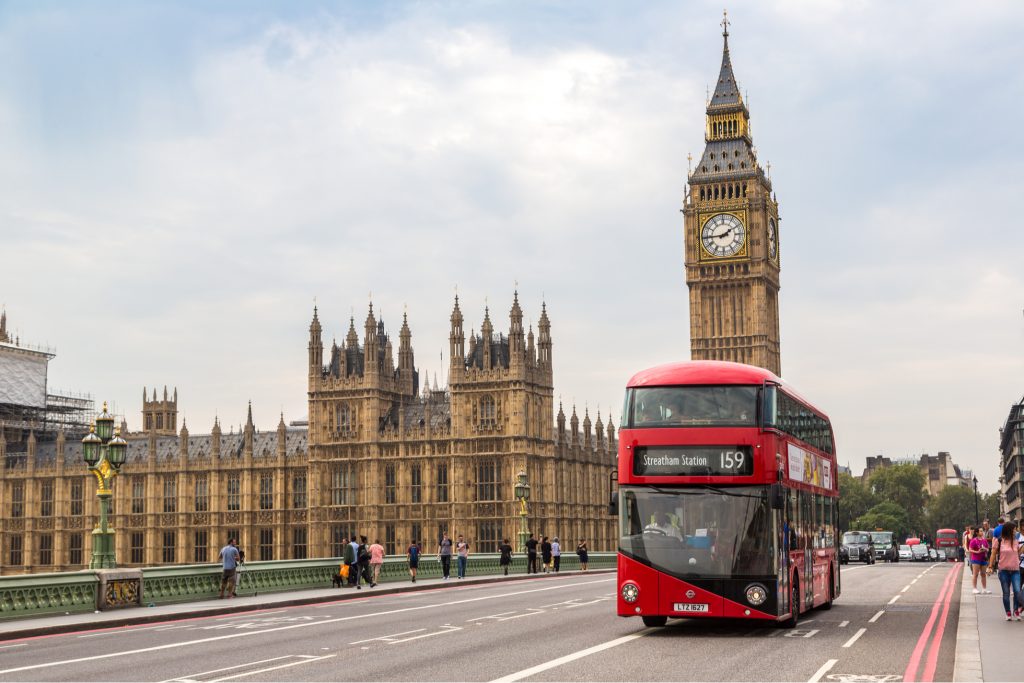On April 23rd 2019, the mayor of London established an ordinance improving the short term rental (STR) program. This improved STR program allows local councils to enforce the regulation better. The following is a complete guideline for London’s short term rental regulations so that anyone can be a responsible host when using platforms like Airbnb, VRBO, and other similar services. This rundown should give you a good start in understanding your local laws.
The following is a summary of London’s short term rental regulations:
- Without a permit, hosts can rent their entire home as a short term rental for 90 days of the year.
- Hosts must obtain a planning permit and submit Airbnb’s 90-day limit exemption form before short term renting their entire home for more than 90 days.
- Hosts can rent out a portion of their homes for as many days as they like during a calendar year, as long as they live there at the same time.
- Tenants must have permission for their landlords to be able to short term rent.
- STR operators are liable to pay the full amount of council tax. There is no exception, even if they are currently exempt or have a council tax discount.
The 90-Day Limit
The Deregulation Act, established in 2015, introduced an exception in the short term rental laws. This exception exempts individuals who host STRs for fewer than 90 days per year from the requirement of obtaining a planning permit. Hosts who wish to continue offering their entire property for short term rent after the 90-day period must apply to their local government for planning permission. Long term renters can host short term rentals, but they must first get permission from their landlord.
The 90-day limit applies only to entire home listings. So hosts can short term rent a private room for more than 90 days without requiring a planning permit. Once an entire home has been rented for 90 days in a year, homeowners can apply for a City Planning Permit or rent out only a part of their home. It is recommended that those who know they will be short term renting their house for more than 90 days per year apply for their planning permit as soon as possible. The City can take several weeks to accept an application potentially and grant a permit.
Council Tax
Apart from the 90-day limit, another important aspect of the short term rental regulation in London is that hosts must pay council tax for the nights they rent out their homes. This includes those who have a council tax discount or are exempt from paying council tax. Hosts who operate short term rental accommodations and do not pay or have reduced council tax must contact their local government about the council tax payments they are liable to make.
Exemption from the 90-Day Limit
Hosts who wish to exceed the 90-day limit must first obtain a planning permit (Temporary Sleeping Accommodation) from their local council. Doing so will shift the property’s purpose from residential to commercial, allowing them to rent it for a longer period of time.
In order to lift Airbnb’s automatic restriction, hosts must first obtain a planning permit. They must also complete Airbnb’s Night Limit Exemption form. When filling out this form, hosts must include links to their Airbnb profile and listing, as well as the borough in which their listing is located.
Penalties
Without a planning permit, operating an entire home as an STR for more than 90 days in London is an unauthorised change of use. This might result in fines of up to £20,000. It could also result in a conviction for failing to comply with an Enforcement Notice. Residents in London can use the City’s Planning Enforcement Investigation form to report properties being used for STRs in violation of the law.
Other Regulations
As a responsible host, you must comprehend and abide by other vacation rental rules and regulations that bind you. These include leases, community rules, HOA rules, or other guidelines set up by tenant associations. Feel free to reach out to your landlord, housing authority, or community council to find out more. To get more information about other short term rental regulations, you can also visit London’s official website or contact us.
